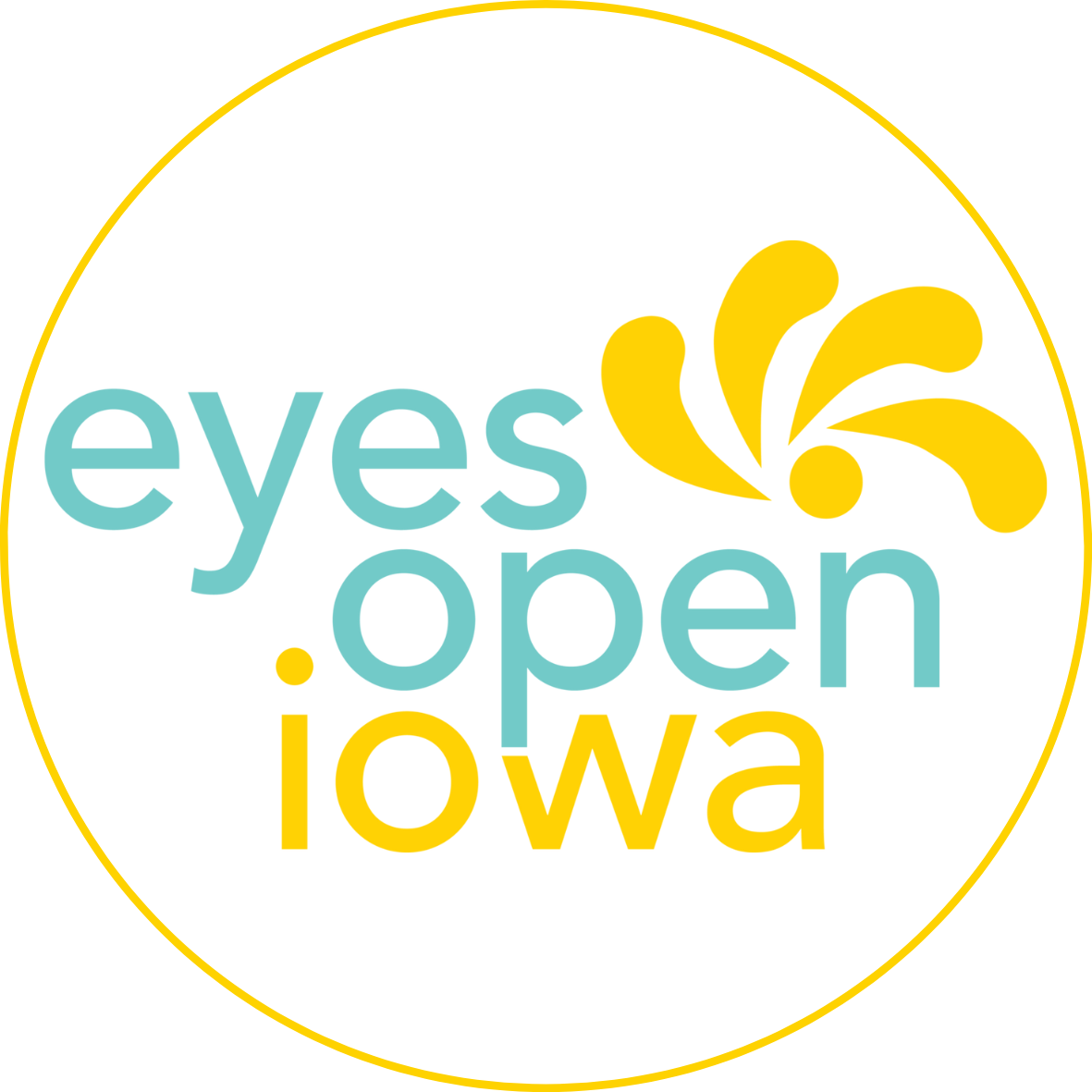Moving Beyond “you will get pregnant and die.”
By Shari Stucker, Director of Programs
“Don’t have sex because you will get pregnant and die.”
--Coach Carr, Mean Girls
https://www.youtube.com/watch?v=U5xkxTfVLSA
While the scene is a parody, it is not far from what sex education looked like in the recent past, before sex education became a well-researched and evidence-based field.
Fortunately, sex education in Iowa and the nation has come a long way from the days of “you will get pregnant and die.” Federal, state, and local agencies, advocates, and communities worked together over the last two decades to develop and evaluate sex education curricula and approaches. Multiple published study results have shown that the strategies of providing teens with medically accurate information about sexuality and related topics in school actually reduces the teen birth rate, delays the onset of sexual activity, and prepares teens for a lifetime of well-informed sexual health decision-making.
And comprehensive sex education works. The national teen birth rate at 20.3 in 2016 is the lowest it has been, following decades of almost continuous decrease. Iowa continues to reflect the national trend, with a teen birth rate of 17.2 in 2016 (CDC).
Comprehensive sex education receives overwhelming support from parents as well, with 93.5% of parents feeling it is important to have sex education taught in middle school and 96% feeling it is important to teach it in high school (Kantor and Levitz, July 2017).
And yet, the days of “you will get pregnant and die” are not completely behind us. While comprehensive sex education has made a considerable positive impact in states, including Iowa, abstinence-only-until-marriage (AOUM) programs have continued to receive federal funds and support.
Over the last three decades, the federal government has spent more than $2 billion on AOUM programs. These programs use scare tactics and false or misleading information to encourage teens to remain sexually abstinent until they married. AOUM programs have been consistently shown to be ineffective at best and harmful at worst for teens and are denounced by professional medical associations.
Rebranding: Sexual Risk Avoidance and Public Health Strategies
Federal support for AOUM programs decreased in the Obama administration and there was greater negative public feedback during that time. To counter that, AOUM programs underwent significant rebranding and changed their title to “sexual risk avoidance (SRA).”
The new SRA approach uses public health risk avoidance strategies for behaviors that are typically risky or dangerous for teens, such as smoking and illicit drug use. Risk avoidance makes perfect sense when the behavior is a choice and when the outcomes are clearly harmful, such as smoking or illicit drug use. One of the major flaws in the SRA approach, however, is that sexuality is not a choice and is not inherently risky. Despite Coach Carr’s claim, sex does not automatically cause one to “get pregnant and die.”
SRA goes further still in its rebranding. SRA programs also attempt to link teen sexual activity to teens giving birth and then continuing to live in poverty into adulthood. Again, this attempt conceals a crucial flaw in the SRA approach by assuming that teens who are sexually active automatically become pregnant and live in poverty. In contrast, as has been demonstrated over decades, if teens are provided with medically-accurate information and access to resources, the teen birth rate declines. In addition, while a young parent is more likely to live in poverty, with proper supports and resources, that is less likely.
Ascend: name change, same goals, same effects
Ascend is the leading national advocacy and training organization for SRA programs. Ascend was formerly the National Abstinence Education Association and Valerie Huber was the president and CEO. Ms. Huber is now with the federal Health and Human Services Department and is in a role where she has oversight of sex education programs across the country.
A review of Ascend training materials, for providers of sex education, shows that the vocabulary has changed, however, the intended impact, harmful attitudes, false information, and goals of the program remain the same.
Ascend continues to promote false information about contraception and stereotypes about gender and LGBTQ teens. This is all potentially very harmful to teens as they navigate their own sexual health development and make sexual behavior decisions into adulthood.
Moving Beyond “you will get pregnant and die.”
Ascend and SRA programs are similar to Coach Carr’s approach. Because, despite all the rebranding and alignment with public health approaches, Ascend and SRA are essentially telling teens that any sexual activity is harmful, while the programs withhold vital information and perpetuate damaging stereotypes.
And yes, the SRA approach exists in the state of Iowa. It can be difficult for parents, schools, and the public to differentiate between what is a healthy, comprehensive sexual health education program and one that is more likely to cause harm to students.
EyesOpenIowa encourages all stakeholders in teen sexual health education, including schools, parents, teens, and providers, to become educated on what is being provided or offered. EOI has been a leader in this field for over 20 years, knows the field of adolescent sexual health, and can assist with understanding the differences of various curricula and approaches. It can be challenging to figure out or become misled by the “lingo” and make the best choice for all young people. Contact us with any questions or concerns you might have.
Check out the national resources below for more information and let’s keep moving Iowa teens into a well-informed future.
Boyer, Jesseca: Guttmacher Policy Review: New Name, Same Harm: Rebranding of Federal Abstinence-Only Programs, 2018, volume 21.
SIECUS: On Our Side: Public Support for Sex Education, August 2018
SIECUS: Sexual Risk Avoidance? Let's Avoid it.

